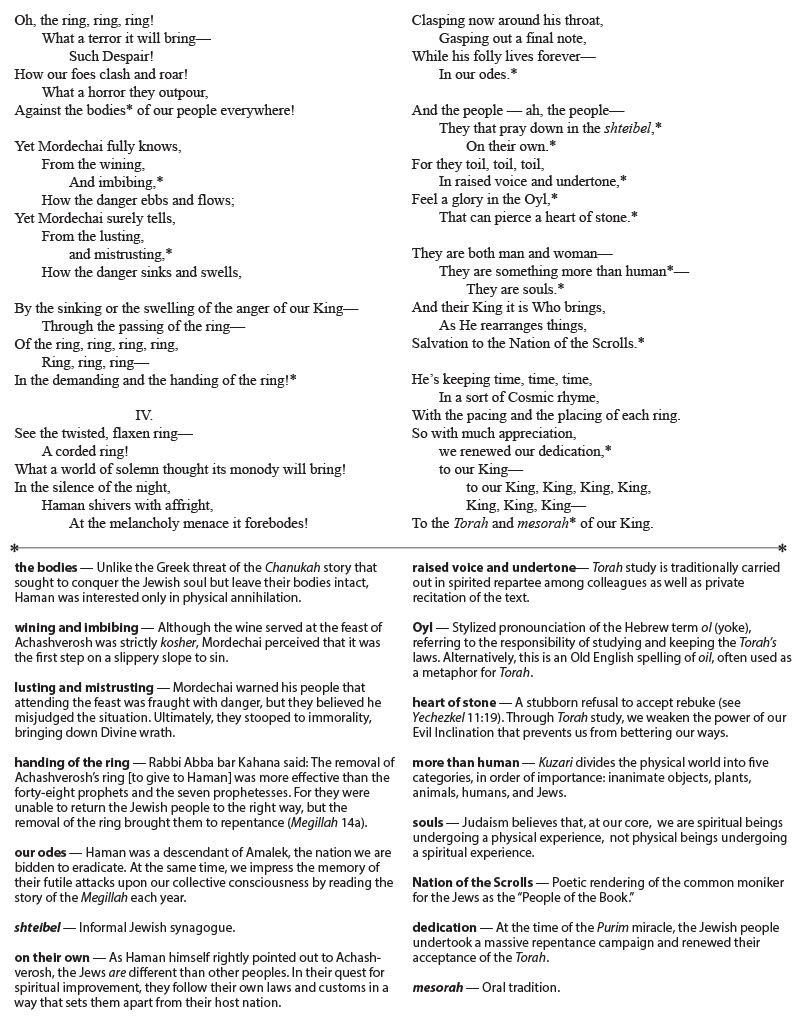Did You Go on Vacation?

Summer is winding down, and vacation season is coming to a close. Taking a cue from the classic first-day-of-school essay that teachers tell children to write, I will ask, what did your family do this summer and, more importantly, was it a vacation for you?
“The kids had a great time, but it wasn’t a vacation for me,” said Yehuda, a father of seven after a family trip. When asked what would be a vacation for him, he said, “A vacation for me includes my own bed, food that I like, and cool air-conditioning. Obviously, to Yehuda, a real vacation is spent in his bedroom!


















